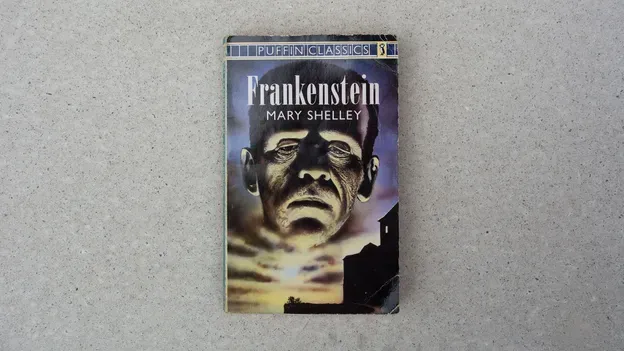3. Frankenstein (Mary Shelley, 1818)

Mary Shelley’s 1818 novel, which celebrates its 200th anniversary this year, is “the quintessential story of the modern world” says Roger Luckhurst, Professor of Modern and Contemporary Literature at Birkbeck College, London. It’s a “violent reconfiguring of our understanding of life and death, God and human and machine, in the pitiless light of modernity,” according to the US novelist and literary critic Lev Grossman. The compelling story of the scientist who brings a creature to life has become one of the most enduring images in modern literature and beyond, and the monster serves as the “ultimate metaphor”, says Lena Wånggren, Research Fellow in English Literature at the University of Edinburgh. The novel’s impact, both in terms of literature and in wider culture is immeasurable, as Nilanjana S Roy, novelist and Financial Times columnist, points out: “Frankenstein influenced scientists as well as writers… [and] speaks to the modern fear of the creations that spin out of our control”; for Tess Taylor, poet and reviewer for NPR's All Things Considered “this book has become not only a template whose basic narrative we now commonly share, but a lens through which to read our world.” (Credit: Howard Timberlake)